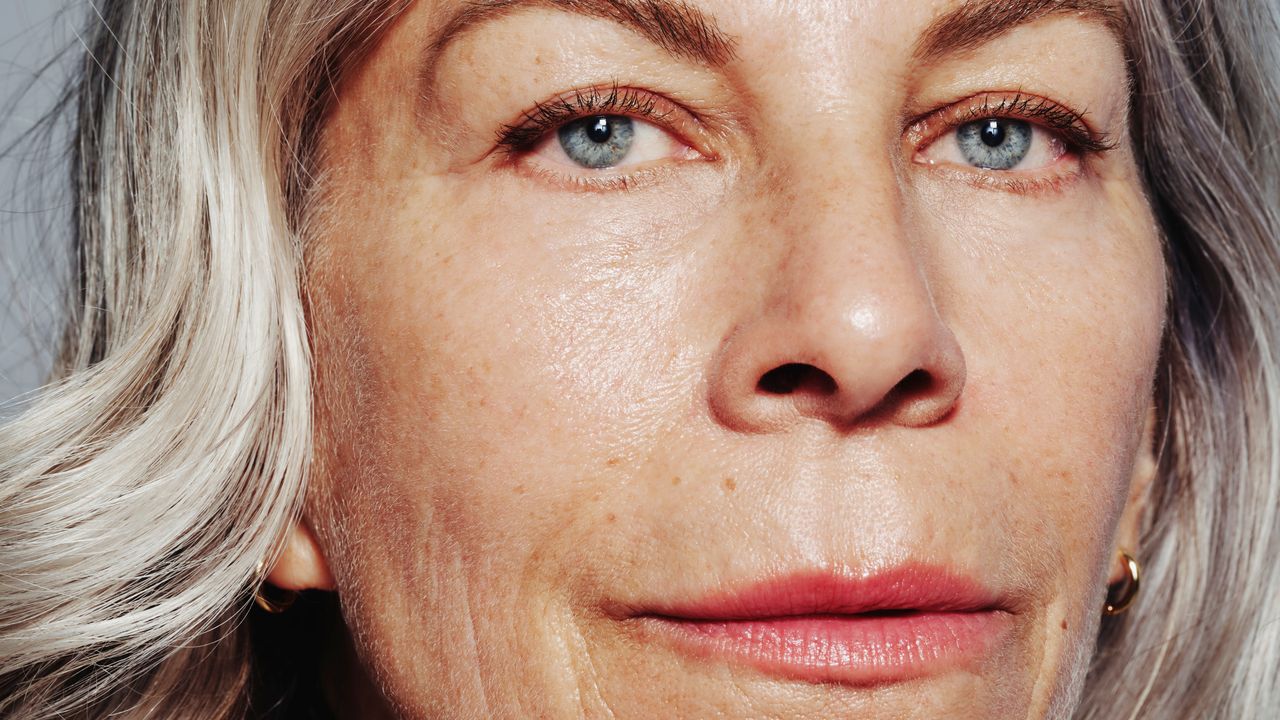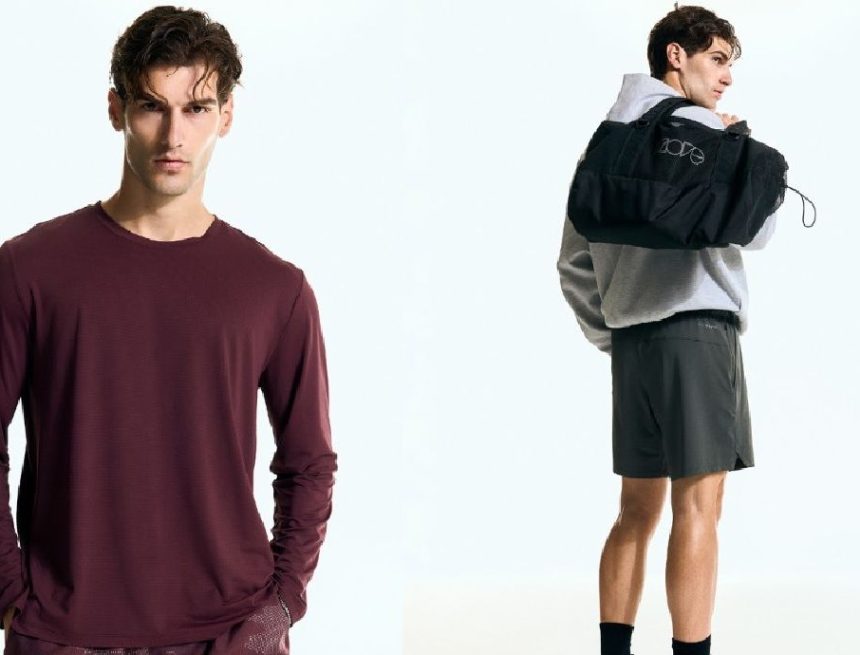In the face of shifting global consumer behaviour, outlets and off-price retailers are set to capture an even greater share of discretionary expenditure. As stated in BoF and McKinsey’s The State of Fashion 2025 report, more than 70 percent of shoppers say that they plan to buy from these channels in the next 12 months, even if their discretionary budget has increased, underpinning the resilience and appeal of value-driven retail.
The demand comes from subdued consumer confidence. In the first half of 2024, The State of Fashion report found sentiment across the Eurozone, US and China remained 10 to 30 percentage points below 2019 averages. Over 40 percent of shoppers in the US, UK and Germany say they are spending less on fashion than a year ago, while more than 80 percent globally planned to spend the same or less on clothing, footwear and accessories in 2025.
At the same time, value seeking behaviours have become embedded across all income levels. In the UK, more than 60 percent of consumers report actively trying to save money on fashion “often” or “as much as possible” — a figure that rises to 75 percent in the US. Premium shoppers are just as likely as value or mid-market consumers to trade down — whether by shopping at outlets, buying resale, using buy now, pay later services, or even opting for dupes of the products they originally wanted.
Against this backdrop, Frey Group — a developer, investor and manager of sustainable open air retail destinations — has made a decisive move into the outlet market. In 2024, the company acquired ROS Retail Outlet Shopping, which is the fourth-largest outlet operator in Europe, present in eight countries and welcoming 25 million annual visitors.
On top of that, Frey Group is leveraging the opportunity with the creation of its Malmö Designer Village. Currently under construction, it will be Scandinavia’s largest premium outlet destination, located 20 minutes from Malmö and 50 minutes from Copenhagen via the Øresund Bridge, with access to a catchment of 3.8 million residents within 90 minutes — and over 10 million annual tourists.
The development will feature more than 130 stores across 26,000 sqm, offering an elevated mix of international and Scandinavian premium fashion and lifestyle brands. It will include landscaped gardens, a street food market and a children’s playground, creating an aspirational destination for locals and visitors alike. Phase 1, which opens in 2027, will bring 18,000 sqm of retail space to market.
To better understand the strategic vision for Malmö Designer Village, and how Frey Group and ROS Retail Outlet Shopping are poised to reshape the Scandinavian outlet landscape, BoF sits down with Antoine Frey, chairman and CEO of Frey Group, to discuss their ambitions, sustainability ethos and long-term roadmap.
Outlet and off-price retail is proving resilient in the face of fragile consumer confidence. How do you see this segment evolving over the next few years?
The outlet sector is driven by two strong triggers that continue to attract consumers. The first is the promise of finding the best brands you love at significant discounts — anywhere from 30-70 percent off. That guarantee of making a good bargain is extremely compelling, especially in today’s climate.
The second is the customer journey itself: the “fantasy” of walking through a beautifully designed village, everything clean and well-organised, with activations throughout. The architecture is tailored to enhance the shopping experience.
Together, these two promises — value and experience — make outlets one of the strongest retail formats to weather the challenges of consumer uncertainty.
How is Frey Group looking to capture this market opportunity?
The outlet business is fundamentally different from full-price retail. Full-price relies on customers visiting three to four times a month within a 30-minute drive, while outlets attract visitors once or twice a year from as far as 90 minutes away.
The relationships are also different. In full-price retail, landlords and tenants often negotiate around occupancy costs; in outlets, landlords and brands are more closely aligned. Brands share data openly so that together, we can analyse and optimise turnover.
With this in mind, we knew we needed deep expertise before entering this segment, which led to our acquisition of ROS. They brought valuable knowledge from managing 14 assets across eight countries. That expertise allows us to pursue our strategy of building the best European platform in the outlet category, with tier one assets across the continent. Since the acquisition, we have expanded with Malmö in Sweden, Berlin in Germany and three outlet villages of the Land of Fashion portfolio in Italy.
With this acquisition ROS – part of the Frey Group is managing 19 premium outlets across 9 European countries and will rank among Europe’s top three outlet operators based on operating outlet retail space.
How are outlets positioned to meet the expectations of shoppers across categories and price points?
Outlets naturally bring together a strong mix of national and international brands with meaningful discounts, which appeal to premium and mid-market shoppers alike. What sets them apart is not only price, but also experience.
We work closely with our brands, focusing on alignment and data sharing to ensure the right mix of offers and experience in each location. Optimisation for us means continuously refining merchandising, improving the architectural environment and enhancing the overall journey so that outlets deliver both on value and quality.
What made Sweden and Malmö in particular an attractive market for expansion?
The outlet business is still underdeveloped in the Nordics and existing assets there are quite limited in merchandising and experience. Our goal is to set a new standard for premium outlets in the region.
Outlets naturally bring together a strong mix of national and international brands with meaningful discounts, which appeal to premium and mid-market shoppers alike.
Malmö offers the perfect location to do this — it draws customers not only from Sweden, but also from greater Copenhagen, just under an hour away by car or train. The site itself is ideally positioned new to a major highway and close to an existing full-price destination. So for us, Malmö combines the right catchment, customer profile, connectivity and opportunity to create something truly unique.
What will set Malmö apart from existing retail destinations in the region?
Several elements will differentiate Malmö Designer Village. First is the merchandising mix: alongside international brands, we will showcase the best Nordic brands, which resonate strongly with local consumers who prefer a more understated expression of brand identity compared to Southern Europe.
Second is food and beverage — an area where many outlets fall short. We are planning a highly experiential street food market that will become a destination in itself. Finally, the architecture: the design emphasises that picturesque village feeling, while drawing inspiration from Nordic architectural traditions.
Together, these elements will create a destination unlike anything currently available in the region.
How will Malmö Designer Village embody sustainability principles in its design, operations and partnerships?
Sustainability is central to our approach. Frey Group is B Corp, recertified with a score of 116 (the certification threshold is 80 points) and we are deeply committed to reducing our carbon footprint.
I believe Malmö Designer Village will be the first outlet ever to use geothermal energy for heating and cooling — a major investment but one that sets a new benchmark. We are also prioritising local materials like wood and stone to lower emissions during construction.
Our goal is to set a new standard for premium outlets in the region.
Ninety-five percent of an outlet’s carbon footprint comes from Scope 3 emissions, with 80 percent tied to visitor transportation. While this is difficult to control, we are addressing every area where we can make an impact.
For example, unlike many open-air outlets that waste energy by keeping doors open year-round, Malmö will feature double electric doors to reduce energy consumption. It is these kinds of details, along with larger structural choices, that will define the project’s sustainable foundation.
Where do you see further opportunities in the future for Frey Group to continue its reach in this space?
Our ambition is to establish a footprint across Europe that reflects the scale of each national outlet market. Italy and the UK are two clear priorities: we have already entered Italy acquiring three outlet villages of the Land of Fashion portfolio, and the UK will be a strong focus moving forward.
That said, we don’t follow rigid plans. We are highly opportunistic and ready to acquire the best assets at the best price, whether they come to market or whether we proactively unlock opportunities.
At present, we’ve already reached the third position in Europe by assets under management. But, our appetite remains strong, and we intend to keep building until we reach number one.
This is a sponsored feature paid for by Frey Group as part of a BoF partnership.


